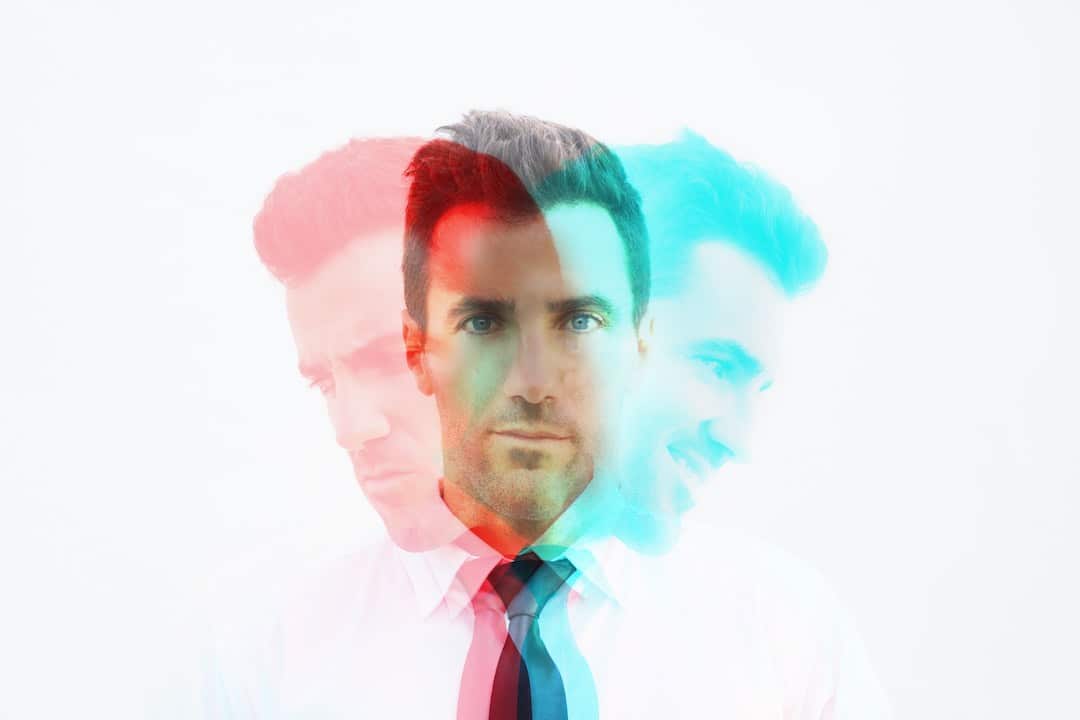Warning: Undefined array key 1 in /var/www/wp-content/plugins/monarch/monarch.php on line 4359
Emotions vs. feelings. Feelings vs. emotions. Most of us think of feelings and emotions and moods as the same thing and use the words interchangeably. You’re probably thinking no big deal and why should I give a damn, right? Well, it can be a very big deal, especially when we struggle with how we think and feel about things. Why? Because our thoughts and feelings influence our behavior and if you’re trying to change a behavior, thoughts, feelings and emotions matter.
What’s the Difference and Why Does It Matter?
Feelings and emotions are both important parts of how we react and respond to something. So in a lot of ways, they are similar. The big difference lies in how they happen and how they affect our behavior.
First some science:
Emotions come from a very deep and primal part of our brain that includes the limbic system. The limbic system is where our instinctual and survival responses originate from. These responses have been encoded into our genes for generations. They are not logical or rational. They are split-second brain decisions whose one and only job is to elicit a specific response to a stimulus and set off a cascade of physical reactions.
Here’s an example: you’re a caveman and you’re out hunting and gathering. All of a sudden, you hear the roar of a T-Rex and feel his shadow fall over you. Yikes! That hard-wired emotion says “DANGER! SCARED!” and you RUN! There’s no thinking about it, weighing it…you’re getting the heck outta there. Primal response. Emotion.
Feelings, on the other hand, come from a more evolved place in the brain known as the neocortex. They are mental associations and reactions to emotions. Feelings are more individual and are influenced by a person’s beliefs, experiences and memories. Your brain interprets and processes the emotion through the filter of your experiences and beliefs.
For example: you see and hear the T-Rex and you’re startled. You may even feel a bit of fear. But, you had a baby T-Rex as a kid that you adored. You learned that if you sing to the T-Rex, he will not bite you. You feel nostalgic and start to sing instead of running away. Feeling.
“Emotions play out in the theater of the body. Feelings play out in the theater of the mind.”1
Now, why is this important?
So what’s going on here? Nice guy, by all accounts. Stable. Wants to be in a relationship but just can’t get there.
Emotional Awareness
What’s happening with Frank is that his emotions are driving his actions. And he may not even realize it.
Emotions are some of the most powerful and primal things we experience. They are the foundation of our feelings and our actions. Left unchecked, they can often create extreme reactions – feeling on top of the world one minute and looking for monsters under the bed the next. An emotional rollercoaster, right?
Remember, emotions are physical, primal responses to something. They are temporary and irrational. Feelings, on the other hand, are mental and more enduring. They stem from the rational part of our brains.
Learning to be aware of your emotions and the feelings they elicit can help you be more in control of how you react. Being able to identify how you feel engages that rational part of your brain and has been shown to lessen the intensity of an experience, leaving you more in control and able to choose your actions with intent. Emotional awareness helps you to recognize how you’re feeling, see a situation realistically and respond accordingly.
Here’s another way of looking at it:
We often say, this person “makes me feel___.” The fact is, your emotions and how you interpret a situation is what influences thoughts and feelings and ultimately behavior.
In Frank’s case, his past relationship issues evoke a strong sense of fear, triggering his fight or flight instinct. Frank chooses to retreat leaving the relationship nowhere to go. Does he recognize this pattern? Probably not. He often places the blame on the other person just not being “the one.” “She made me feel___.”
Owning Your Emotions
You’re probably thinking, “Hey Frank, you need to own your stuff. The past isn’t now.” Good point and you’d be completely right. But it’s hard when you’re in the middle of the tug-of-war of emotions.
The good news is that changing how we deal with our emotions is absolutely something we can do. Just like other behaviors, learning to deal with emotions is something we can relearn thanks to this cool thing our brain has called neuroplasticity. That’s a really fancy word for saying our brain can rewire itself and create new ways of processing things.
But first, you have to own your emotions. What does that mean? It means you take the time to recognize how you respond to things and that these responses are based on your inner interpretations, not on someone else. As you become more aware of your emotions and how they influence you, you can start to make different choices with intention. You can choose to be anxious or calm, angry or indifferent, happy or sad. It’s all in how you choose to interpret something. Over time, these new responses become part of how you operate in the world.
The Takeaway
The takeaway here is this: Own your emotions or they will own you. If you are struggling with your feelings, take some time to really look at where those feelings come from. What triggers them. When you start to be more mindful, you become more aware of what that inner dialogue is saying and you become better able to change that conversation.
If you find your emotions getting in the way, try to focus on expressing them in positive, constructive ways. Try to spend less time labeling them and more time on choosing your actions intentionally. When you focus on your present and choose intentionally, you’re on your way to grooving those new ways of handling your own T-Rex.
1. Damasio, A. R. (2003). Looking for Spinoza: Joy, Sorrow, and the Feeling Brain. Boston, MA: Houghton Mifflin Harcourt.
Dr. Dawn Ferrara has over twenty years of clinical experience in the mental health field. She is a Licensed Professional Counselor and Licensed Marriage & Family Therapist as well as a Certified Health Coach. Dr. Ferrara is passionate about helping her clients find solutions that work and believes that every person has the power and ability to be successful. When not working, she can usually be found in the gym or spending time with her husband and their silly Black Lab, Riley, enjoying the sights and sounds of South Louisiana.








